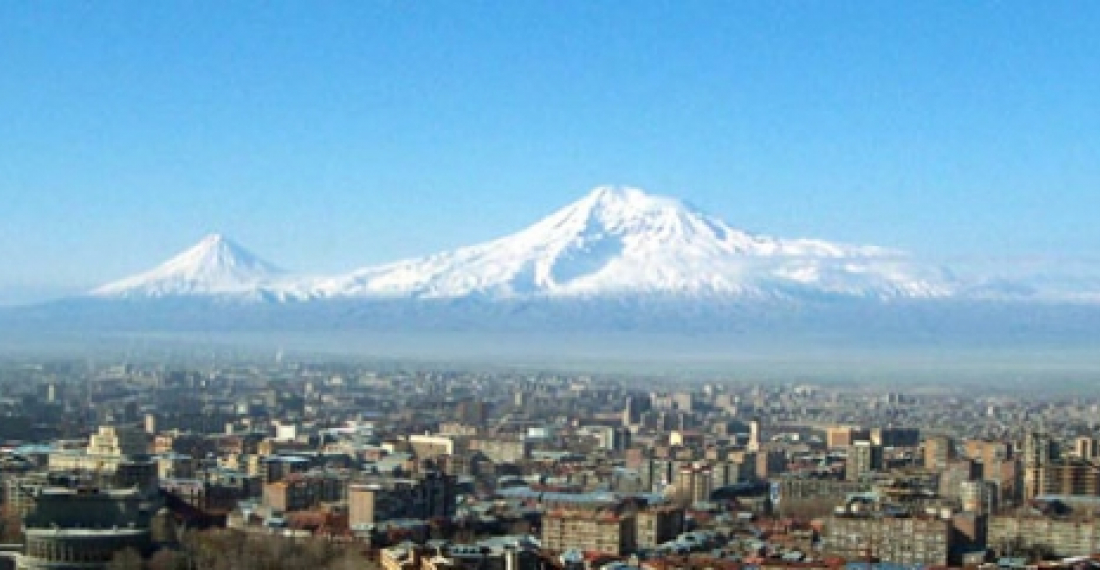EU Eastern Partnership Program needs dialogue with and assistance of the Armenian Government. Head of the EU Delegation to Armenia, Ambassador Traian Hristea said at a conference "European Integration of Armenia: from European Neighborhood Policy to Association Agreement" in Yerevan on April 15.
In particular, he assured those present that the EU strives to deepen relations with Armenia and boost reforms in various fields. The Ambassador said that the prior task of the Eastern Partnership is to spread democracy in all sectors. Hristea highly appreciated the relations of Armenia and the EU and promised to exert more efforts to enhance the cooperation and dialogue between the EU and Armenia.
Deputy Foreign Minister of Armenia Zohrab Mnatsakanyan, in turn, said that EPP gives an opportunity to Armenia to come closer to the EU. For her part, Larisa Minasyan, "Partnership for Open Society" Initiative member, Executive Director of the Open Society Foundations - Armenia, said cooperation with the EU make the citizens of Armenia feel themselves more protected. "It is a unique program for Armenia. The prior tasks of the Eastern Partnership Project open new perspectives for European integration of Armenia, which is very important for our country," she said.
The EU Eastern Partnership Project envisages considerable raising of the level of political cooperation, wide integration of former Soviet republics Azerbaijan, Armenia, Georgia, Moldavia, Belarus and Ukraine into EU economy, increasing volumes of financial support to them and strengthening energy security. Although official membership of Belarus has been frozen over democracy and human rights problems in that country, the Byelorussian youth representatives participate in the conference in Yerevan.







